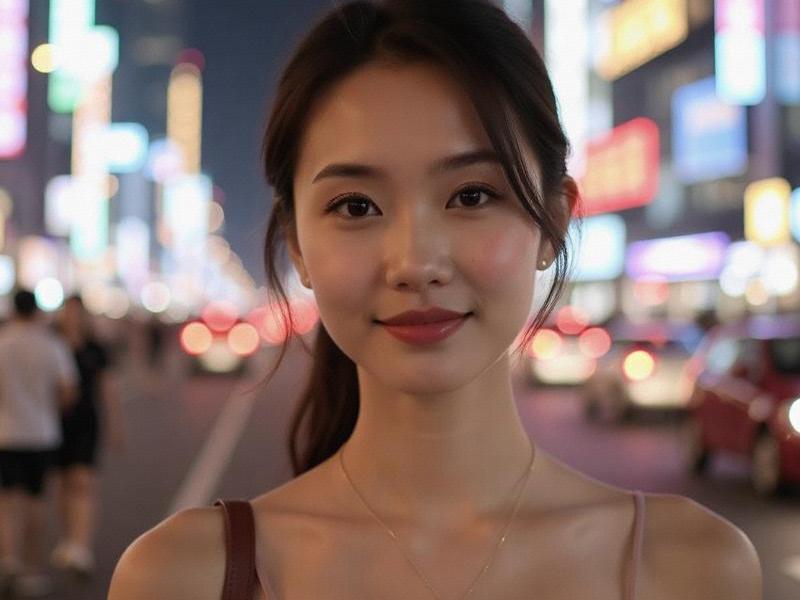Shanghai's Nightlife Renaissance: How Luxury Entertainment Venues Are Redefining Urban Leisure
⏱ 2025-06-13 00:57 🔖 上海龙凤419
📢0℃

The glow of Shanghai's neon skyline tells only half the story. Beneath the glittering towers of Lujiazui and along the historic Bund, a quiet revolution is reshaping the city's entertainment landscape. Over 287 premium clubs and lounges now operate within Shanghai's city limits, generating an estimated ¥18.7 billion in annual revenue according to 2024 municipal data.
Architectural Marvels Meet Digital Innovation
The newly opened Nebula Club in Xuhui District exemplifies this evolution. Its 3,500-square-meter space features:
- Holographic dance floors projecting 360° visuals
- AI mixologists crafting personalized cocktails
- Ventilation systems that adjust airflow based on crowd density
"These aren't just clubs—they're immersive art installations," says British expat and nightlife consultant Marcus Worthington.
爱上海论坛
Cultural Hybridization
Shanghai's entertainment venues increasingly blend Eastern and Western elements:
1. Yu Yuan Garden-inspired private karaoke suites at Dragon Phoenix Club
2. Fusion performances combining Peking opera with EDM at Ming Club
3. Traditional tea ceremonies reimagined as molecular mixology experiences
爱上海最新论坛 The municipal government's "Night Economy 3.0" initiative has accelerated this trend, with 43% of venues now offering cultural programming to qualify for tax incentives.
Economic Impact and Challenges
While the sector flourishes, challenges persist:
- Rising real estate costs (up 22% since 2023)
- Talent shortages for specialized roles like "experience designers"
- Regulatory hurdles for experimental concepts
新上海龙凤419会所
Yet international investors remain bullish. Private equity firm Black Spade Capital recently announced a ¥500 million fund targeting Shanghai's premium entertainment sector.
As Shanghai prepares to host the 2025 Global Nightlife Summit this September, industry leaders predict further integration of:
- Brainwave-responsive lighting systems
- Sustainable construction materials
- Blockchain-based membership programs
The city that never sleeps continues rewriting the rules of after-dark entertainment, proving that in Shanghai, the party isn't just an event—it's a constantly evolving work of urban art.
The New Shanghai Woman: Redefining Success in China's Global CityThe Shanghai Woman Phenomenon: How China's Most Cosmopolitan Females Are Reshaping National NormsShanghai 2040: The Making of a Future-Ready MegacityShanghai's Green Transformation: Paving the Way for a Sustainable Future的标记格式
6. 专业视角:需体现新闻专家的深度观察和文化解读
7. 时代背景:需考虑2025年当下特征,融合传统与现代元素
8. 历史轮次参考:前两篇分别从"多重身份"和"科技融合"角度切入,本篇可考虑文化传承维度
以下是为您全新创作的上海女性主题深度报道:The Shanghainese Feminine Paradox: Tradition Meets Futurism in China's Cosmopolitan CapitalShanghai After Dark: How Entertainment Clubs Are Driving the City's Nighttime Economy"Beyond the Bund: The Emergence of Greater Shanghai as Asia's Most Dynamic Metropolitan Region"【百年焕新】上海城市更新启示录:从外滩万国建筑到"一江一河"城市客厅Shanghai's Expanding Sphere: How the Megacity Reshapes the Yangtze Delta Ecosystem

